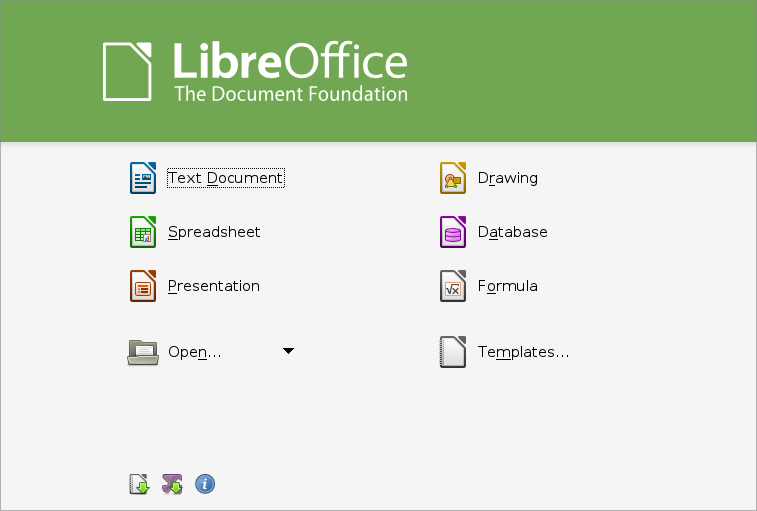

OBJECTIVE reporting is the key to fairness and justice. Without it, we are left with incitations, half-truths (censorship by omission), and agenda/indocrination disguised as 'information'. Interestingly enough, IDG (paid by Microsoft) decided to pretty much 'vanish' Free software. LibreOffice or OpenOffice.org get no mention in an article about Microsoft Office alternatives [1]. Is the author dumb, misinformed (e.g. never heard of Free software), or is he driving some kind of Fog Computing agenda? Whatever is the case, we have to counter such deficient 'reporting'. The consequences of such poorly-executed 'journalism' include states where Microsoft is found guilty of evading tax simply excluding non-Microsoft users from doing their taxes, as this new article reveals. Titled "Microsoft and your tax returns", this article says that "The Excel “macro” feature used in tax forms released by the Income Tax department means that free software — such as OpenOffice, LibreOffice, etc. that otherwise support Microsoft Excel files, not to mention cheaper alternatives from Microsoft itself, like MS Office Starter Edition — cannot be used on those forms.
"In short, any tax payer trying to file income tax online in India has a fairly expensive dependency on Microsoft Excel and Microsoft Windows."
in Australia and elsewhere Windows may sometimes be required for tax purposes, but not Microsoft Office, which is a lot more expensive. So this is quite a scandal. Muktware, a news site run by quite a few writers from India, shows that there are many Free/libre alternatives to Microsoft Office [2].
There is a very disturbing trend where those who abandon Microsoft Office (which is a good thing in itself) move to other proprietary software with surveillance, for instance the City of Boston, which moves 76,000 city employees to Google Apps [3]. Why not choose or consider Free software, as the City of Largo apparently does [4]? Maybe bad reporting leads people to the wrong alternatives, or in other words to traps. It was the same with IBM's proprietary traps (Lotus) half a decade or so ago.
Despite getting a cold shoulder from Novell/SUSE, LibreOffice is doing all right with a new board [5,6] and online version (comparable to the above) [7,8]. Apache OpenOffice is still very much alive, as IBM (main steward) claims [9] and there are new releases of LibreOffice coming [10]. Why is the corporate press mostly ignoring that? This may be a rhetorical question. ⬆
Related/contextual items from the news:
Word processing is an important part of work – and not just office work; everyone needs word processors at some point. This is the first article in the series ‘Best Open Source Apps’ and here I will talk about the most popular open source word processors for GNU/Linux: AbiWord, Calligra Words and LibreOffice Writer. I didn’t take OpenOffice Writer because it is not all that different from LibreOffice Writer.
Every Boston city employee from police officers to public school teachers now have a Google Apps account.
While the trolls here constantly tell us how essential that other OS is people in the real world keep rolling along comfortably with GNU/Linux, LibreOffice and making unfettered (by M$’s EULA) use of the hardware they own.
I did a quick study of the 2013 mailing list traffic for the Apache OpenOffice project. I looked at all project mailing lists, including native language lists. I omitted the purely transactional mailing lists, the ones that merely echo code check-ins and bug reports. Altogether 14 mailing lists were included in this study.